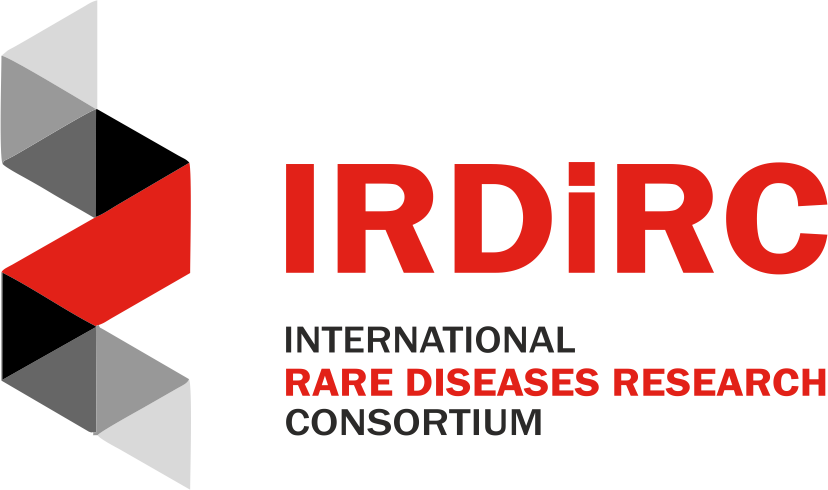August 25th 2020 GEnome Medical alliance Japan (GEM Japan), a Driver Project of the Global Alliance for Genomics and Health (GA4GH), has released GEM Japan Whole Genome Aggregation (GEM-J WGA) — a first-of-its-kind open-access variant frequency panel of 7,609 Japanese whole genome sequences. Researchers at GEM Japan detected >76M autosomal single nucleotide variations(SNV) and >10M autosomal insertion and deletion (INDEL) […]
Read MoreAugust 19th 2020 New paper from Dr Gareth Baynam and other authors on diagnostics in rare diseases focused on Indigenous and other minority population groups has recently published by The American Journal of Human Genetics. The scientific article was focused on genomic research done to collect knowledge about pathogenic DNA variants in people with not […]
Read MoreThe Economist: SUFFERING IN SILENCE: ASSESSING RARE DISEASE AWARENESS AND MANAGEMENT IN ASIA-PACIFIC
August 13th 2020 The collective challenge of rare diseases has risen up the policy agenda in both the AsiaPacific region and globally. Various new and revised health and social system measures in Australia, China, Japan, South Korea and Taiwan—along with the 2018 Asia-Pacific Economic Co-operation (APEC) Rare Disease Action Plan—reflect a growing recognition of the […]
Read MoreAugust 12th 2020 World Economic Forum has recently developed this report on accessing sensitive health data at scale in order to advance research, innovation and patient outcomes. This paper is part of the Forum’s work to create actionable resources for policy-makers, healthcare professionals and leaders of the Fourth Industrial Revolution to navigate complex and sensitive […]
Read MoreAugust 11th 2020 The overall objective of this call topic is to shorten the path to RD diagnosis by using newborn/paediatric (infants during their first weeks of life) genetic screening; and, via application of advanced digital technologies that enable rare disease diagnosis / identification. The latter might require consolidation of existing fragmented efforts. In their […]
Read MoreThe Scientific Committee of Innovative Medicine Initiative (IMI), published a very interesting recommendation paper on future research needs regarding rare diseases. IRDiRC has been mentioned as a global consortium in rare disease research that involves stakeholders from Africa, Asia, Australia, North America, and Europe. Click here to download the pdf version of the article.
Read MoreAugust 4th 2020 Dr. Philip John (P.J.) Brooks has been elected as new Chair of the Interdisciplinary Scientific Committee (ISC). Dr. Brooks is a Program Director in the NIH National Center for Advancing Translational Sciences (NCATS) Office of Rare Diseases Research (ORDR). Dr. Brooks received his Ph.D. in neurobiology from the University of North Carolina at Chapel Hill. […]
Read MoreJune 25, 2020 To further encourage the development of treatments for rare diseases, EMA will waive all fees for scientific advice for academia developing orphan medicines.The academic sector plays an important role in the development of innovative medicines. Their scientific research is often at the source of novel methodologies and innovative medicines with a potential to benefit patients with rare diseases.Early […]
Read MoreJune 23rd 2020 The Food and Drug Administration’s (FDA) Office of Orphan Products Development (OOPD) is pleased to announce availability of funds for fiscal years (FY) 2021 – FY 2022 to support innovative and efficient clinical trials for rare diseases and conditions. These studies are intended to provide acceptable data to the FDA that will […]
Read MoreJune 2, 2020 THE CALL IS CLOSED Share your expertise with IRDiRC The Consortium is seeking experts to join its Diagnostics Scientific Committee to work together to the achievement of IRDiRC Goal 1 for 2027: All patients coming to medical attention with a suspected rare disease will be diagnosed within one year if their disorder is known in the medical literature; […]
Read More
